LATIN AMERICA AND THE CARIBBEAN
Latin America and the Caribbean starts the new era of the Sustainable Development Goals having learned from the previous Millennium Development Goals, most of which were met in the region. Now, to continue to advance on social, economic, and environmental fronts, the region needs to put into practice a new generation of public policies that also close historical gender, ethnic, and racial gaps.
The region is more prosperous and less poor and unequal than in recent history. It was the only region in the world that managed to reduce income inequality during the first decade of the 21st century. It added 90 million people to an emerging middle class between 2000 and 2012, and some of the region’s countries rank among the world’s top economies.
However, despite all the progress, Latin America and the Caribbean is home to 10 of the world’s 15 most unequal countries. UNDP’s regional Human Development Report, launched in June 2016, calls for boosting resilience to prevent the one in three Latin Americans who left poverty behind fall back into poverty. It also makes the case for rethinking the region’s development model, drawing inspiration from the 2030 Agenda for Sustainable Development. “Nothing that reduces the rights of people and communities or threatens environmental sustainability can be considered progress,” the report says.
Poor people—especially women—suffer disproportionately from climate change, natural disasters, and irreversible changes to ecosystems, which decrease their options for income and well-being. This is especially true for Latin America and the Caribbean, the world’s second-most disaster-affected region.
Some countries in Central America are facing extreme levels of violence and insecurity that hinder progress towards the SDGs. UNDP supports programmes that promote an integrated approach across the justice system and foster prevention measures, crime reduction, and reintegration-related actions. The Caribbean region also faces a surge in criminality where UNDP works with partners to address emerging challenges and promote informed decision-making.
UNDP is proud to work with countries, civil society, and the private sector to secure hard-won social, economic and environmental gains, and to continue improving the lives of all women and men.
COUNTRY SNAPSHOTS
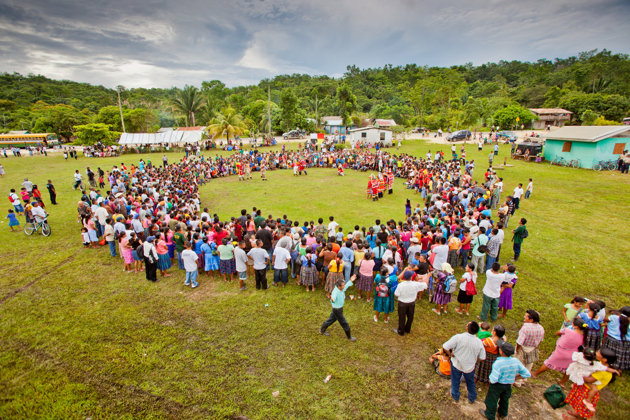 Belize
TonyRath.com
Belize
TonyRath.com
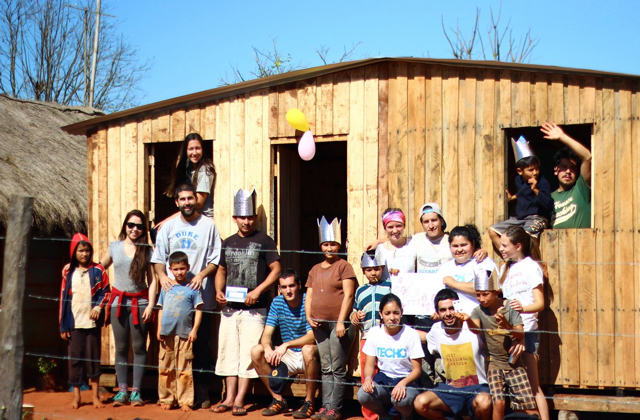 Paraguay
Techo Paraguay
Paraguay
Techo Paraguay
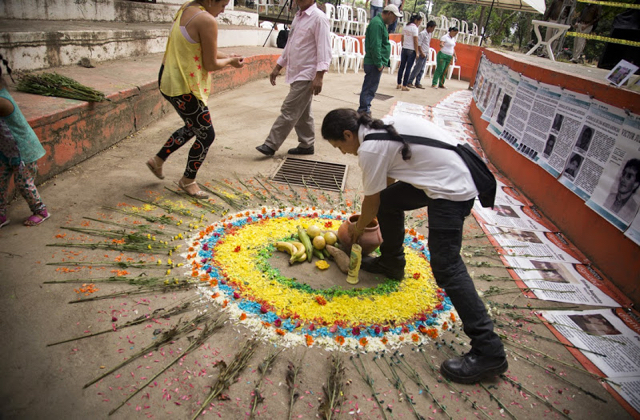 Colombia
UNDP
Colombia
UNDP
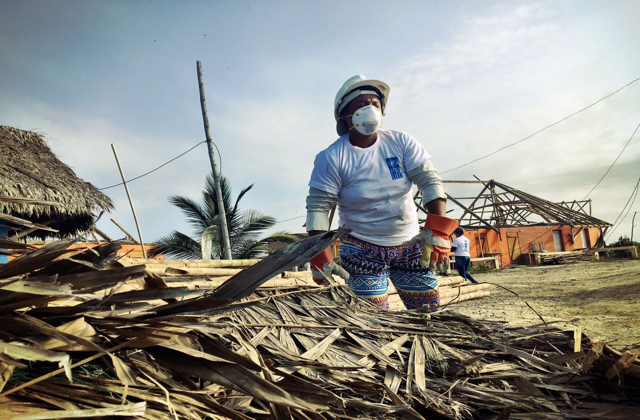 Ecuador
UNDP
Ecuador
UNDP
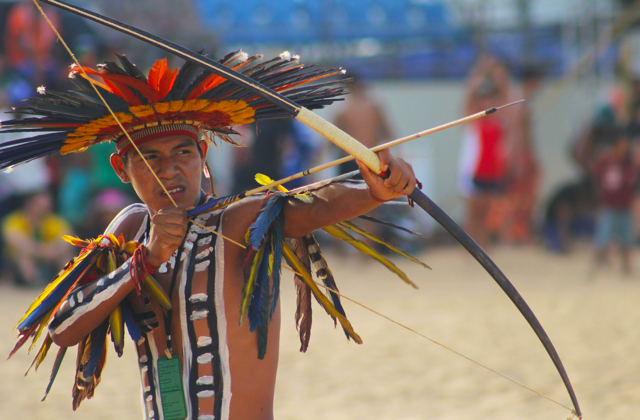 Brazil
UNDP
Brazil
UNDP

